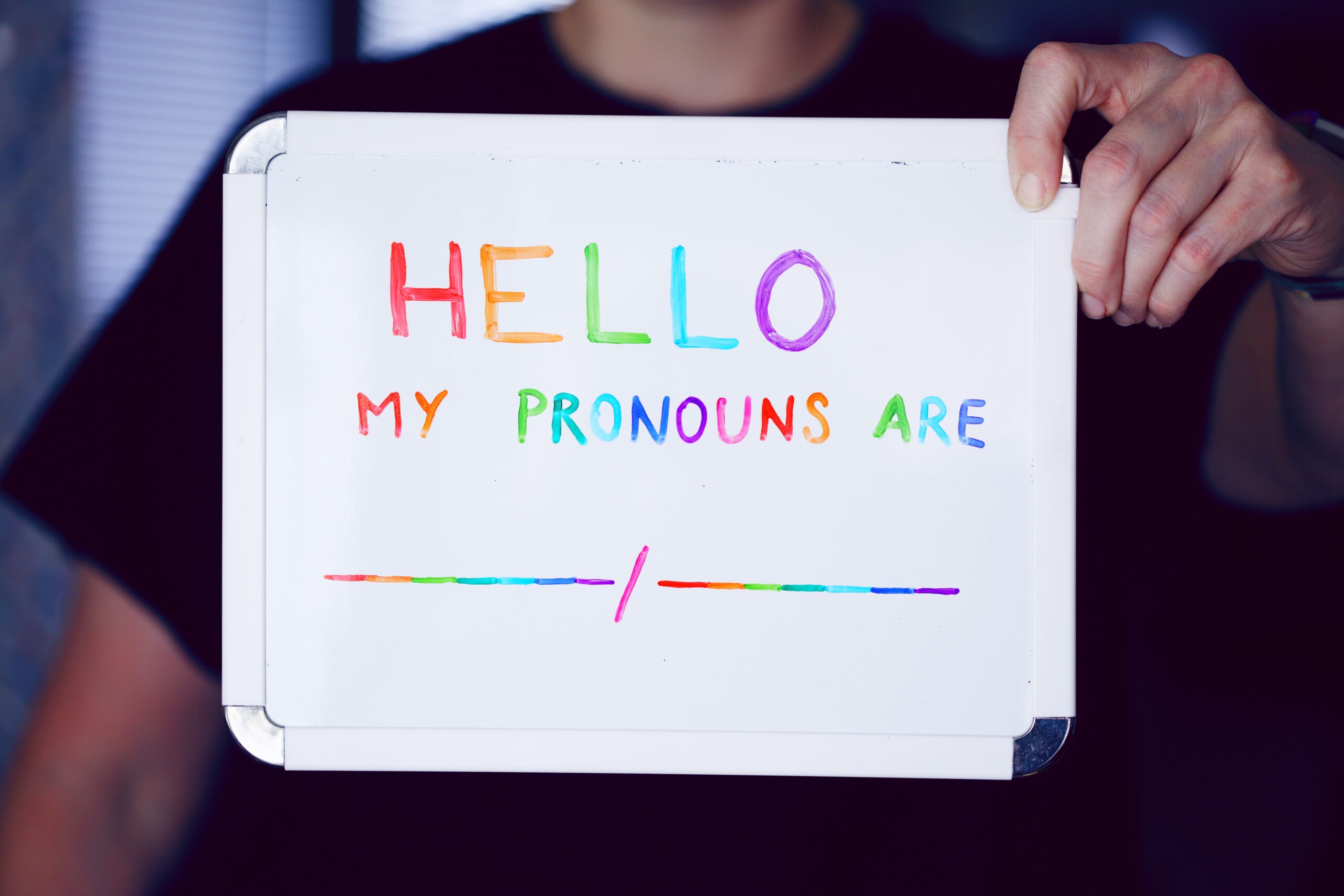Resource Details
Resource Format
Categories
Share:
This article is based on a LurieNOW article by Dr. Alyssa Milot Travers, a licensed psychologist at the Lurie Center for Autism with specific expertise in women on the autism spectrum. Dr. Travers is also an Instructor in Psychiatry at Harvard Medical School.
Autism is a diverse condition that affects individuals of all genders; the overall prevalence estimate of autism in the U.S. is one in 36 children. According to the Centers for Disease Control and Prevention (CDC), as of March 2023 about 4% of boys and 1% of girls age 8 years have autism.
Although an autism diagnosis occurs more often in men than in women, recent research suggests that autism in women may be both underdiagnosed and misdiagnosed. Recognizing and understanding how autism presents in women is crucial for accurate diagnosis, appropriate support, and targeted interventions. The evolving understanding of gender differences in autism is dismantling the notion that autism is more or less a “male condition.”
Gender identity in autism research
The majority of autism research in recent decades has focused on cisgender individuals, or those who have a gender identity that matches their sex assigned at birth. The most current research reveals that gender diversity is more common in autistic people than in their neurotypical peers. Consequently, there is a slow but distinct shift toward including gender diversity in autism research, which will provide a more accurate representation of all autistic individuals. The current knowledge of the female subtype of ASD is based on research of cisgender women.
Outward signs: Special interests and repetitive behaviors
Restricted interests and repetitive behaviors occur in autistic men and women; however, the nature of these behaviors can differ. Traditionally, clinicians have been trained to recognize stereotypical male-associated restricted interests, such as transportation, dinosaurs, or space. In contrast, autistic women may develop interests that are more closely aligned with societal norms, such as animals, art, celebrities, or literature.
This divergence can contribute to the misconception that women with these types of restricted interests are simply displaying enthusiastic hobbies rather than autistic traits. Repetitive patterns of behavior in women may manifest as classic autistic behaviors like rocking or hand/finger movements. However, they may also appear as behaviors not necessarily associated with autism, such as perfectionistic tendencies or restrictive patterns of eating/eating disorders.
Impediments to an ASD diagnosis: Overshadowing, masking, and camouflaging
Based on behavioral history, women may be more apt to receive diagnoses such as anxiety, mood disorders, learning disorders, and/or eating disorders rather than autism. This phenomenon is called diagnostic overshadowing, which occurs when a person’s symptoms are attributed to a psychiatric problem versus an underlying medical condition or a developmental delay such as autism. This can complicate the diagnostic process, as the focus may be on managing these secondary conditions rather than recognizing the underlying autistic traits.
Autistic women are also more likely to develop compensatory strategies to mask their challenges. For example, women often have stronger social imitation skills and the ability to mimic social behavior compared to men. Due to their social foundation, girls may develop one or two close friendships, helping them absorb social rules and norms. Their strong social interest may lead them to “camouflage” or compensate for social understanding and communication challenges, making these vulnerabilities difficult to detect in everyday interactions or larger classroom or employment settings. As a result of these differences, women are often more likely to be diagnosed later in life, if at all.
The Autistic Women and Nonbinary Network provides useful information and resources for gender-diverse autistic individuals.
For diagnostic resources, see our article about seeking an ASD diagnosis as an adult.

Recommended Reading and Viewing
For women:
Camouflage: The Hidden Lives of Autistic Women by Dr. Sarah Bargiela
22 Things a Woman with Asperger’s Syndrome Wants Her Partner to Know by Rudy Simone
The Autistic Brain: Exploring the Strengths of a Different Kind of Mind by Temple Grandin
Odd Girl Out: An Autistic Woman in a Neurotypical World by Laura James
From the American Autism Association: 5 TedX Talks from Women with Autism
For caregivers:
A Guide to Mental Health Issues in Girls and Young Women on the Autism Spectrum: Diagnosis, Intervention and Family Support by Dr. Judy Eaton
Girls Growing Up on the Autism Spectrum: What Parents and Professionals Should Know About the Pre-Teen and Teenage Years by Shana Nichols with Gina Marie Moravcik and Samara Pulver Tetenbaum
For partners of autistic adults:

More Resources
Learn more about common medical conditions and ways of understanding and supporting adults with autism throughout the lifespan.





